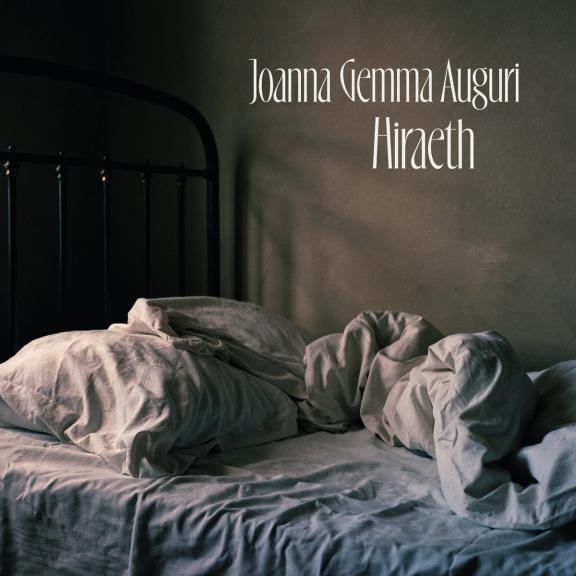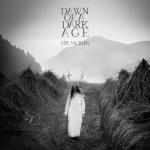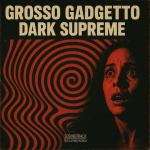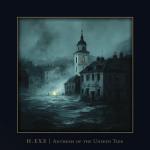Gradually withdrawing and reaching out to the infinitely small, to finally connect with an inner migration, and pave a path towards humanity. Barely written words alternately open up other meanings, then others, ready to hatch. The desire to escape as far away as possible. There's music that transports you like a ship on the surface of the water. A sanctuary that Joanna Gemma Auguri has preserved from the withering of a dying world.
Joanna Gemma Auguri's musical universe could be an illustration of Cormac McCarthy's books, through her sound textures but just as much through her texts rooted in a sensory relationship, of tonalities inherited from several centuries, a fragmented portrait in a form of ancestry, which takes hold of the guts. Through her music, she poses the hypothesis of a living soul beyond life, building with what we lack most. Break Out is a liberation of body and spirit. Joanna doesn't contemplate herself in her reflection, but in a total embrace, she embraces immensity. The choruses that accompany All You Can Eat are like violins whose crescendos ascend towards the nave of a cathedral, then spread out towards the radiating chapels.
These modern-day troubadours have not conformed to current trends or indulged in any nostalgia for their predecessors. On the periphery, a nebulous group of folk singers (Sol Hess, Regular Girl) are committed to a completely different vocation: getting back to the very essence of acoustic music. Joanna has not put away her accordion, an instrument which in the dark folk register is a catalyst for the dissonance already heard on 16 Horsepower. From Berlin, where she lives, Joanna embodies both disenchantment and the strange beauty that has to be unearthed from the depths before it can emerge in its purest essence. You'd think you were listening to Emily Jane White and a whole section of dark folk (Petra Hermanova) spilling out like ink on a canvas. The instrumental tension is at its height, and Little Bird succeeds in releasing us from our environment. Joanna's voice soars over a majestic piano. Ingo Krauss (ex-Trans Am) captures the purity of the zither, the detail of each string, to such an extent that Alone seems to us to be the most beautiful confession ever, and above all the most humble (the same applies to the last track on the album, the title of which I'll leave to you to discover).
Isle of Longing lands with brass, the vessel that leads to shelter, a bubble that doesn't deflate as it encompasses everything, like circles solidified by the expansive breath that makes sailing possible. The same zephyr that inflates sails and vocal cords. It's in Circles that Joanna condenses all the gentleness and strength of her music, rubbing shoulders with the liturgical music of Lingua Ignota.
Hiraeth is a record of every moment, autumnal before it is winter, a rebirth, a cycle of nature. Unquestionably her most accomplished album, and the most baroque in its expression. Not a drop is wasted of this elixir, which opens the doors to an indescribable elsewhere.





